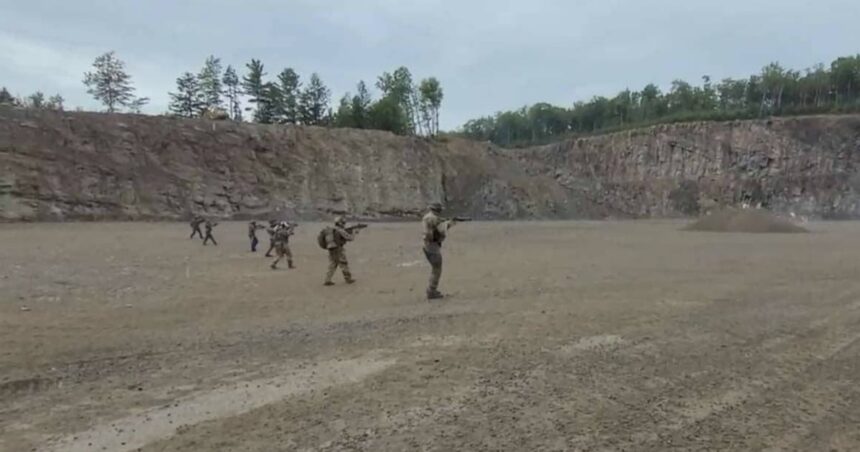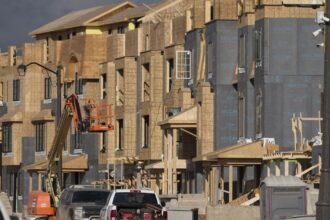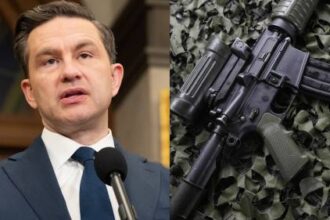A tense atmosphere permeated the Quebec City courthouse Tuesday as proceedings concluded in the high-stakes bail hearing for three men accused of orchestrating what authorities describe as a “potentially catastrophic” terrorist plot. Justice Marcelle Beaulieu announced she will deliver her decision Thursday on whether the suspects will remain in custody until trial.
The accused—Antoine Lessard, 28, Philippe Tanguay, 31, and Marc-André Simard, 26—face multiple terrorism-related charges following their arrest during a coordinated Sûreté du Québec operation last month. Investigators allege the trio had amassed a concerning arsenal of weapons and explosive materials while planning attacks against government institutions in the provincial capital.
“These individuals expressed explicit intent to undermine democratic processes through violent means,” prosecutor Geneviève Beauchemin told the court during final arguments. “The evidence reveals meticulously documented plans targeting specific government buildings and officials.”
Court documents revealed during the four-day hearing indicate authorities had been monitoring the group for over eight months through Canada’s integrated national security operations. Digital evidence recovered from the suspects’ devices allegedly contained manifestos outlining grievances against immigration policies and what they termed “government overreach.”
Defense attorney Claire Deschênes challenged the prosecution’s characterization, arguing that while her clients’ ideological views might be controversial, “the Crown has fundamentally misinterpreted private discussions as concrete planning.” She emphasized that no actual attacks occurred and questioned the reliability of confidential informants central to the investigation.
The case has intensified debate about domestic extremism across Canadian political circles, with security experts noting a troubling rise in ideologically motivated violent extremism nationwide. A recent CSIS report identified a 47% increase in investigations related to such threats since 2022.
“What we’re witnessing isn’t isolated to Quebec,” explained Dr. Marie-Ève Bourgeois, terrorism researcher at Université Laval. “These cases reflect broader polarization trends occurring throughout Western democracies, where fringe elements increasingly view violence as legitimate political expression.”
The arrests have particularly resonated in Quebec City, where memories of the 2017 mosque shooting remain vivid. Community leaders have called for balanced approaches to security that address legitimate threats without stigmatizing political dissent.
If convicted, the accused face potential life sentences under Canada’s Anti-terrorism Act. Their legal team has signaled intentions to challenge the constitutionality of certain surveillance methods used during the investigation.
As Justice Beaulieu prepares her ruling, the case underscores evolving security challenges facing Canadian authorities: how can a democratic society effectively counter extremist threats while preserving fundamental freedoms upon which that same democracy depends?










